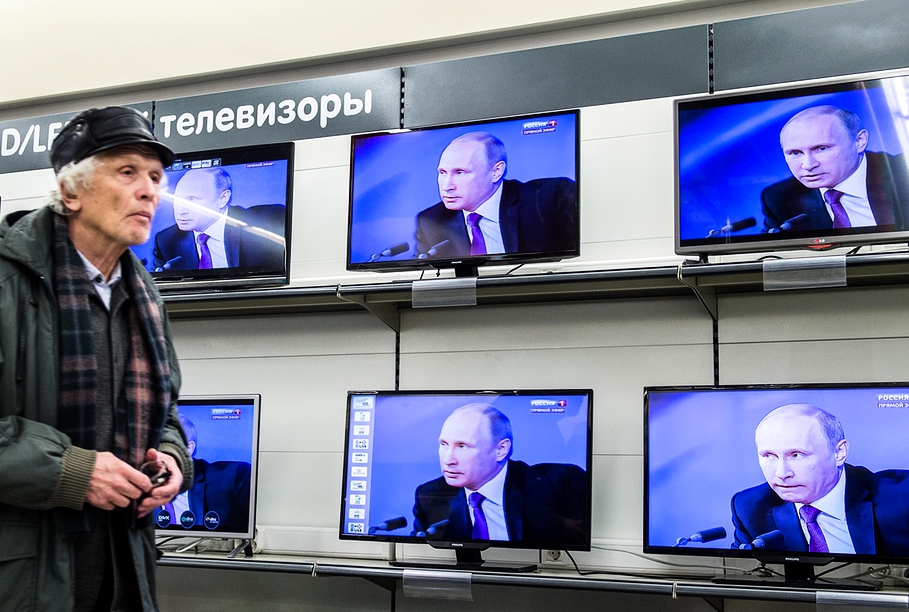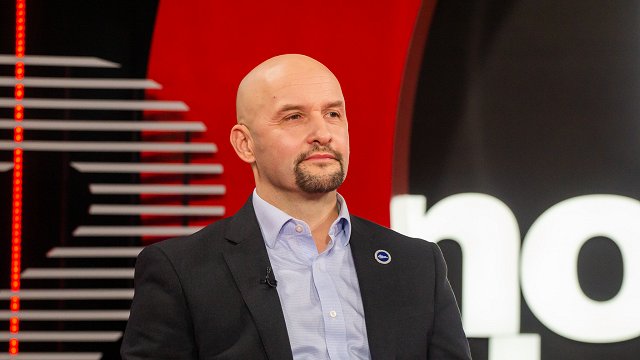Sārts said that the Latvian society is split into three groups - one of which has already been immersed in propaganda through Russian media sources, a critical-thinking one and one that's somewhere in between.
"There [is a group] that's a success story in my opinion - at least a part of the society understands that Russia is doing propaganda, and it's already a success as [in that case] a person looks at the information flow differently," said Sārts.
According to Sārts, there are a few "points of tension" in the society - such as homophobia, which can be used for propaganda purposes.
"It's the same with the attraction to conspiracy theories - employed by the Russians a lot - especially in the post-Soviet region, [the idea] that a conspiracy underlies everything. Here, too, you can find a part of society that perhaps doesn't buy Russian propaganda but takes this [conspiratorial] worldview which can be used further," said Sārts.
According to Sārts, there's little chance of convincing the 'hypnotized' individuals of other opinions. "I don't think we can now get something out of the hypnotized persons, but it's important [to work] with this moderate part," said Sārts.
He said however that with the Ukraine conflict Russia has undermined its ability to push their own version of events through Western media, as the first two weeks of the Syrian conflict showed that "you can do it once, but it won't work again".




























